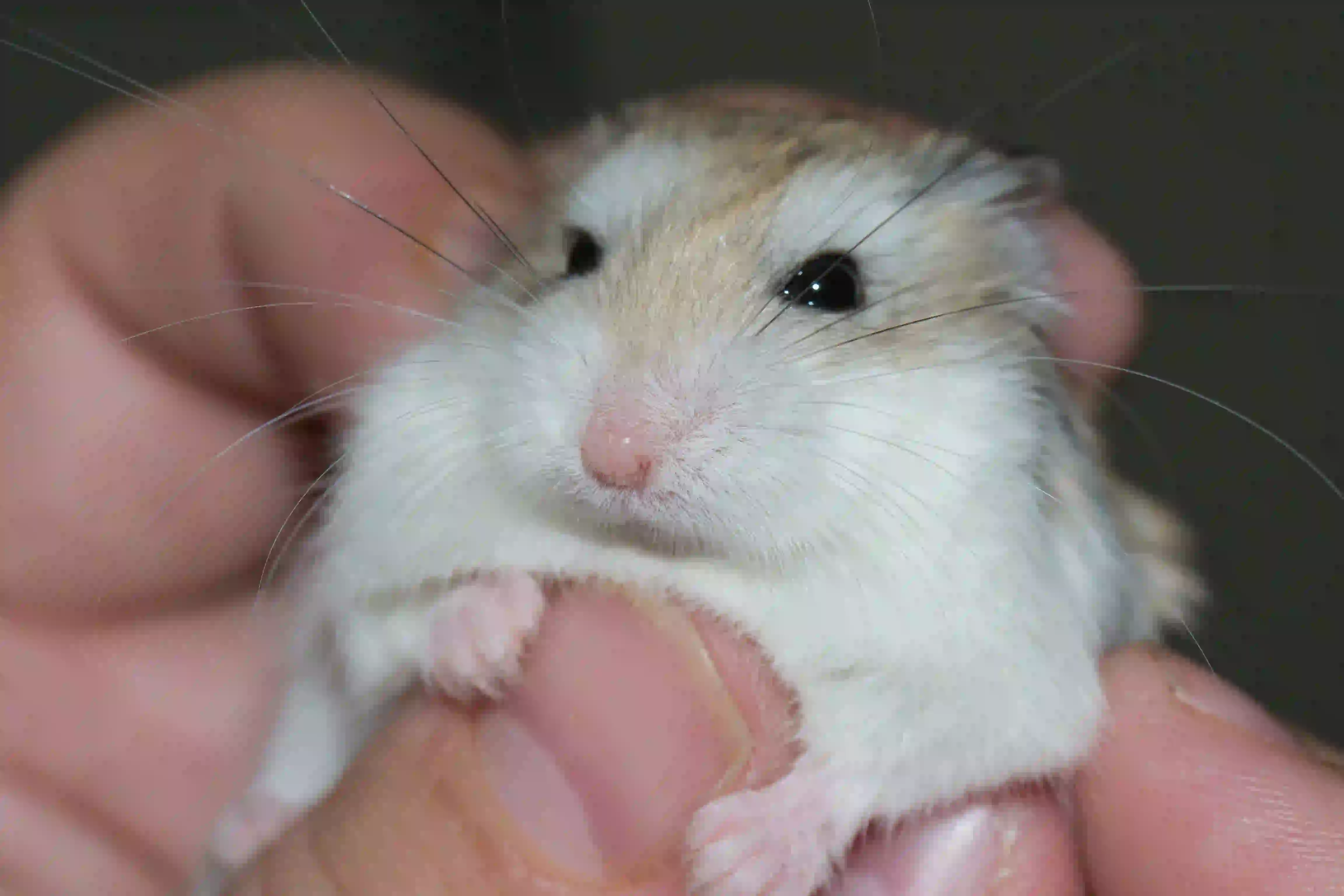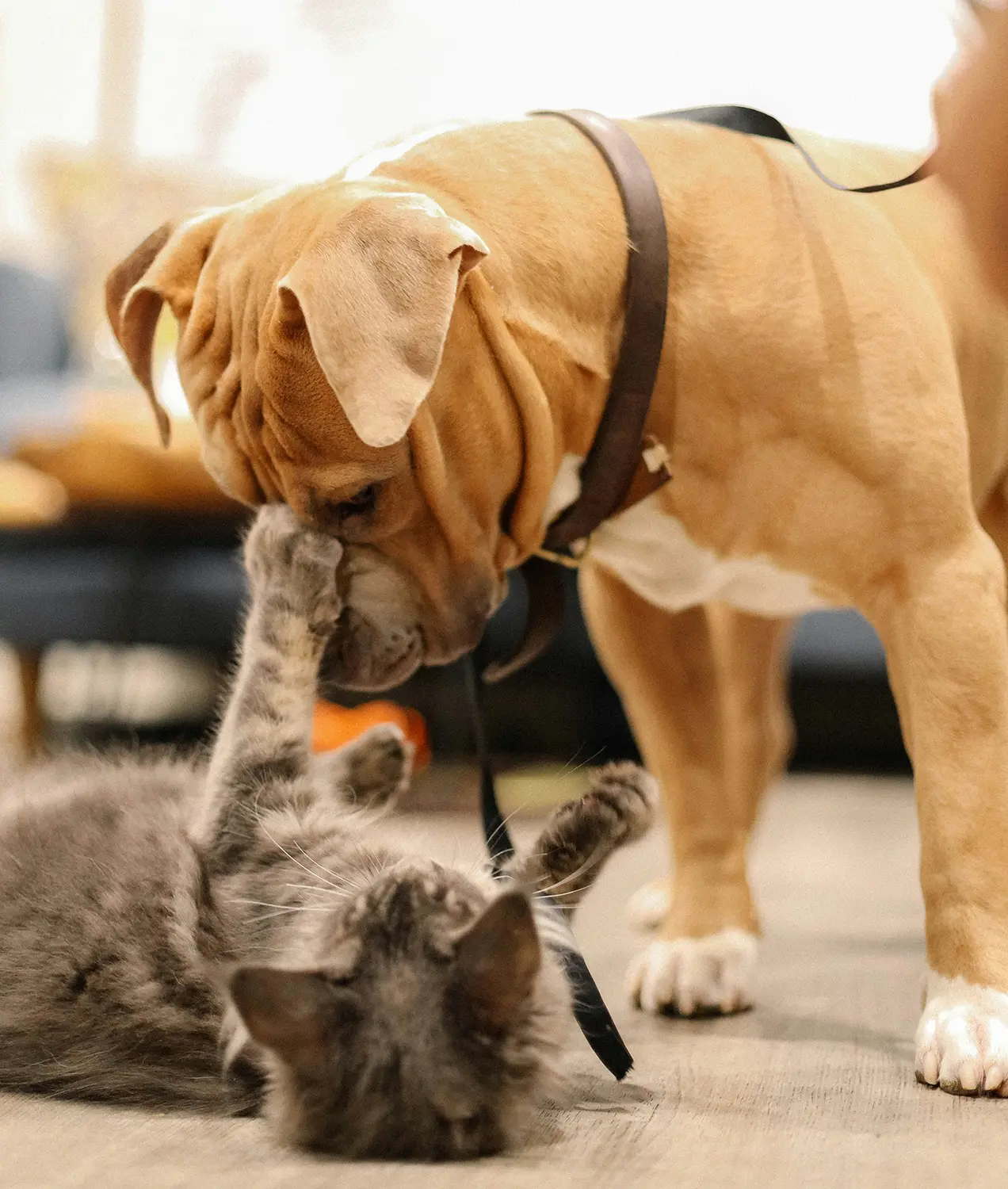
Elegir una mascota de bolsillo, como un hámster, una cobaya, un conejo o un hurón, puede ser una decisión apasionante. Estos pequeños animales pueden ser maravillosos compañeros, pero es importante elegir el que mejor se adapte a su estilo de vida y sus expectativas. He aquí una guía concisa que le ayudará a elegir la mascota de bolsillo perfecta.
Evalúe su estilo de vida y sus necesidades
Antes de traer a casa una mascota de bolsillo, considere su estilo de vida y cuánto tiempo y esfuerzo puede dedicar a su nuevo compañero. Cada animal tiene necesidades distintas de espacio, interacción social y cuidados.
Espacio necesario
Las mascotas de bolsillo necesitan un alojamiento adecuado. Por ejemplo, los hámsters, las ratas y los ratones necesitan jaulas más pequeñas con túneles y ruedas para hacer ejercicio. Las cobayas y los conejos necesitan recintos más grandes con espacio suficiente para moverse. Los hurones necesitan jaulas espaciosas con varios niveles para trepar y jugar. Asegúrese de que dispone de espacio suficiente en su casa para acomodar el hábitat de su mascota.
Compromiso de tiempo
Algunas mascotas de bolsillo necesitan más atención e interacción que otras. Los hámsters y los ratones requieren relativamente poco mantenimiento y pueden entretenerse con juguetes. Las cobayas y los conejos necesitan interacción social diaria y ejercicio fuera de la jaula. Los hurones son muy sociables y necesitan varias horas de juego al día. Elige una mascota que se adapte al tiempo que puedes dedicarle a su cuidado e interacción.
Alergias y sensibilidades
Ten en cuenta las alergias o sensibilidades de tu familia. Algunas personas son alérgicas a la caspa de los animales pequeños o al lecho de sus jaulas. Los conejos y las cobayas producen más caspa que los hámsters, las ratas y los ratones, así que tenlo en cuenta si te preocupan las alergias.
Diferentes mascotas de bolsillo
Conozca las necesidades y características específicas de las distintas mascotas de bolsillo para tomar una decisión con conocimiento de causa.
Hámsters
Ventajas: Los hámsters son animales solitarios, por lo que son adecuados para hogares con una sola mascota. Son activos y divertidos de observar, sobre todo por la noche.
Contras: Tienen una vida relativamente corta (2-3 años) y son nocturnos, lo que puede no convenir a todo el mundo.
Ratas
Ventajas: Son muy inteligentes, sociables y pueden crear fuertes vínculos con sus dueños, a menudo disfrutando del juego interactivo y aprendiendo trucos. Su pequeño tamaño los hace adecuados para vivir en apartamentos y sus cuidados son relativamente sencillos.
Contras: Tienen una vida relativamente corta (2-3 años), lo que puede suponer un reto emocional. También son propensos a problemas respiratorios y otros problemas de salud, por lo que necesitan atención veterinaria periódica. Además, sus jaulas deben limpiarse con frecuencia para evitar olores y mantener la higiene.
Planeadores del azúcar
Ventajas: Los planeadores del azúcar pueden ser mascotas encantadoras debido a su naturaleza juguetona y curiosa, y pueden formar fuertes vínculos con sus dueños, a menudo disfrutando de la interacción social y el afecto. Estos pequeños marsupiales nocturnos son fascinantes de ver mientras planean y juegan, lo que los convierte en compañeros únicos y atractivos.
Contras: Los planeadores del azúcar tienen necesidades de cuidados específicas que pueden resultar difíciles. Necesitan una jaula espaciosa con mucho espacio vertical y enriquecimiento, una dieta especializada y una interacción social regular para prosperar. Sus hábitos nocturnos pueden no gustar a todo el mundo, ya que pueden ser activos y ruidosos por la noche. Además, los planeadores del azúcar pueden vivir hasta 12-15 años, lo que requiere un compromiso a largo plazo, y pueden ser propensos a sufrir problemas de salud si no se les cuida adecuadamente.
Conejillos de Indias
Ventajas: Las cobayas son sociables y disfrutan interactuando con sus dueños. Tienen una vida útil más larga (de 5 a 7 años) y, por lo general, son dóciles y fáciles de manejar.
Contras: Necesitan una jaula más grande y una interacción social diaria. También necesitan una dieta que incluya verduras frescas y heno.
Conejos
Ventajas: Los conejos son inteligentes y pueden adiestrarse para tener una camada. Son animales sociables y pueden crear fuertes vínculos con sus dueños.
Contras: requieren un recinto espacioso y ejercicio diario fuera de la jaula. También tienen una vida más larga (8-12 años), lo que supone un compromiso a largo plazo.
Hurones
Ventajas: Los hurones son juguetones, curiosos y sociables. Se les puede enseñar a hacer trucos y a usar la caja de arena.
Contras: Requieren mucha atención y varias horas de juego al día. Los hurones también tienen un olor característico que a algunas personas les resulta desagradable.
Elegir la mascota adecuada
Cuando haya decidido el tipo de mascota de bolsillo que se adapta a su estilo de vida, siga los siguientes pasos para elegir al individuo adecuado:
Buscar fuentes fiables
Adopte animales de criadores, tiendas de animales u organizaciones de rescate acreditadas. Asegúrese de que los animales están sanos, bien cuidados y socializados. Evite comprar en lugares donde los animales estén en malas condiciones.
Observar el comportamiento de la mascota
Dedique tiempo a observar a la mascota antes de llevarla a casa. Busque signos de buena salud, como ojos brillantes, pelaje limpio y comportamiento activo. Evite los animales que parezcan aletargados, tengan secreciones oculares o nasales o muestren signos de agresividad.
Haga preguntas
Pregunte al criador o al vendedor por la edad de la mascota, su historial de salud y los cuidados especiales que necesita. Conocer los antecedentes de la mascota puede ayudarte a proporcionarle mejores cuidados.
Cómo preparar a su nueva mascota
Antes de traer a su nueva mascota de bolsillo a casa, asegúrese de que tiene todos los suministros necesarios, incluyendo una jaula adecuada, ropa de cama, comida, botellas de agua, juguetes y herramientas de aseo. Instale el hábitat en una zona tranquila y segura de su casa.
Conclusión
La elección de una mascota de bolsillo implica una cuidadosa consideración de su estilo de vida, las necesidades de la mascota y su compromiso a largo plazo. Investigando y seleccionando la mascota adecuada, puede asegurarse una relación feliz y sana con su nuevo compañero. No dude en consultarnos. Estaremos encantados de responder a cualquier pregunta que pueda tener sobre la elección y el cuidado de su mascota de bolsillo.










Escribir un comentario
¿Cuál es su calificación general?